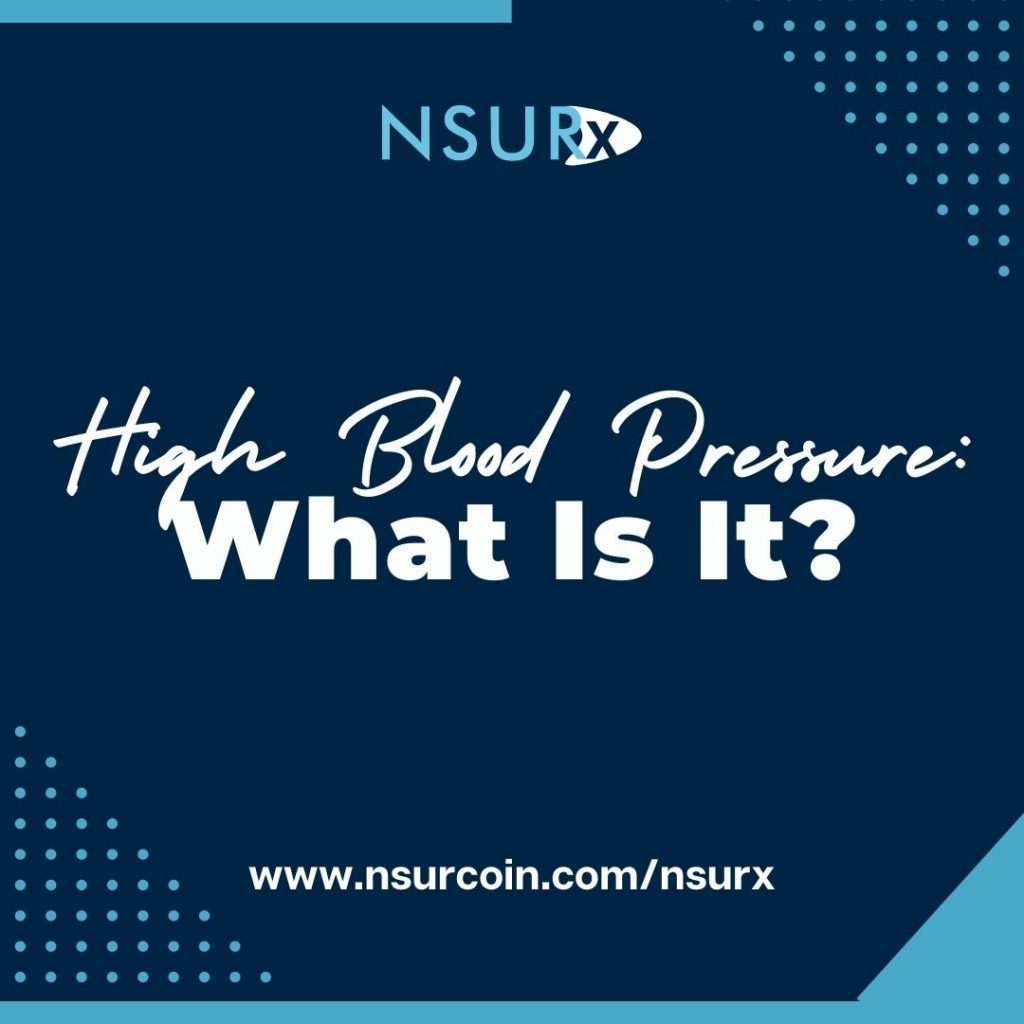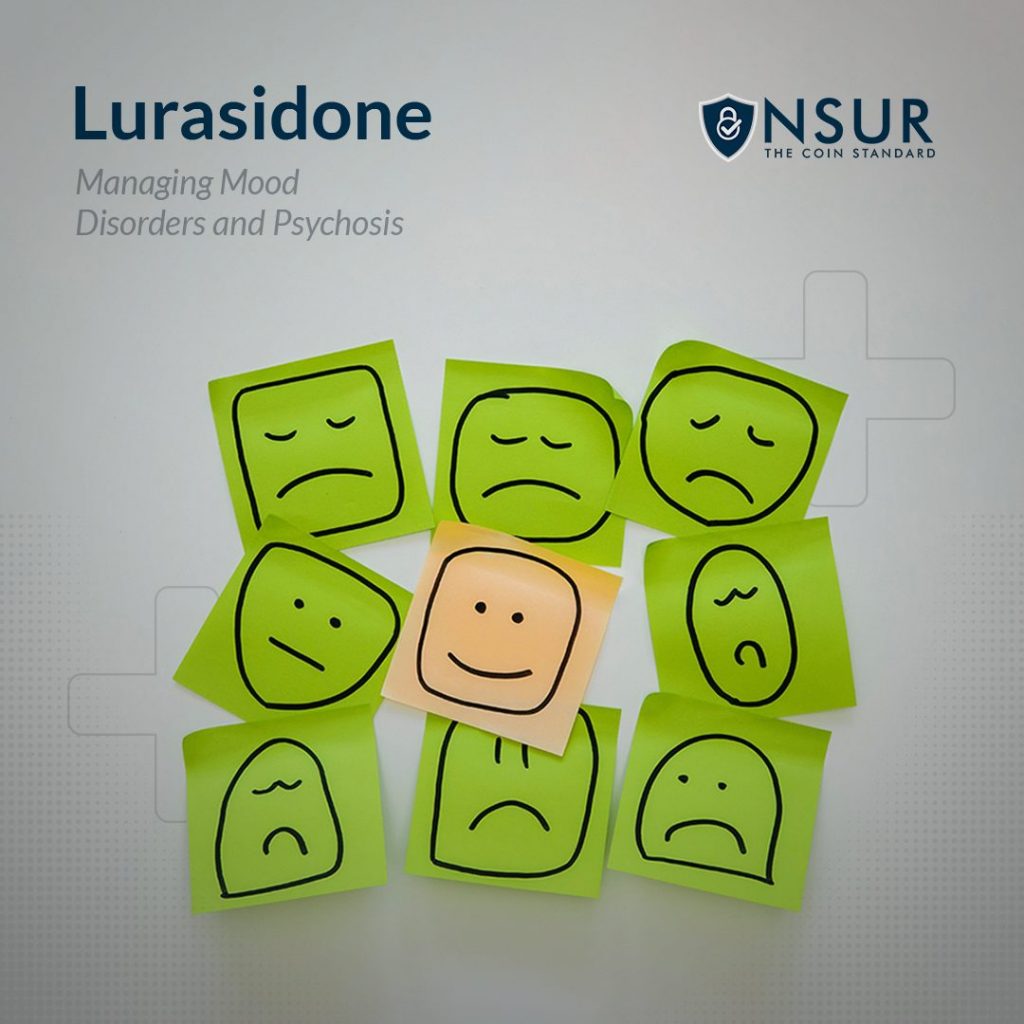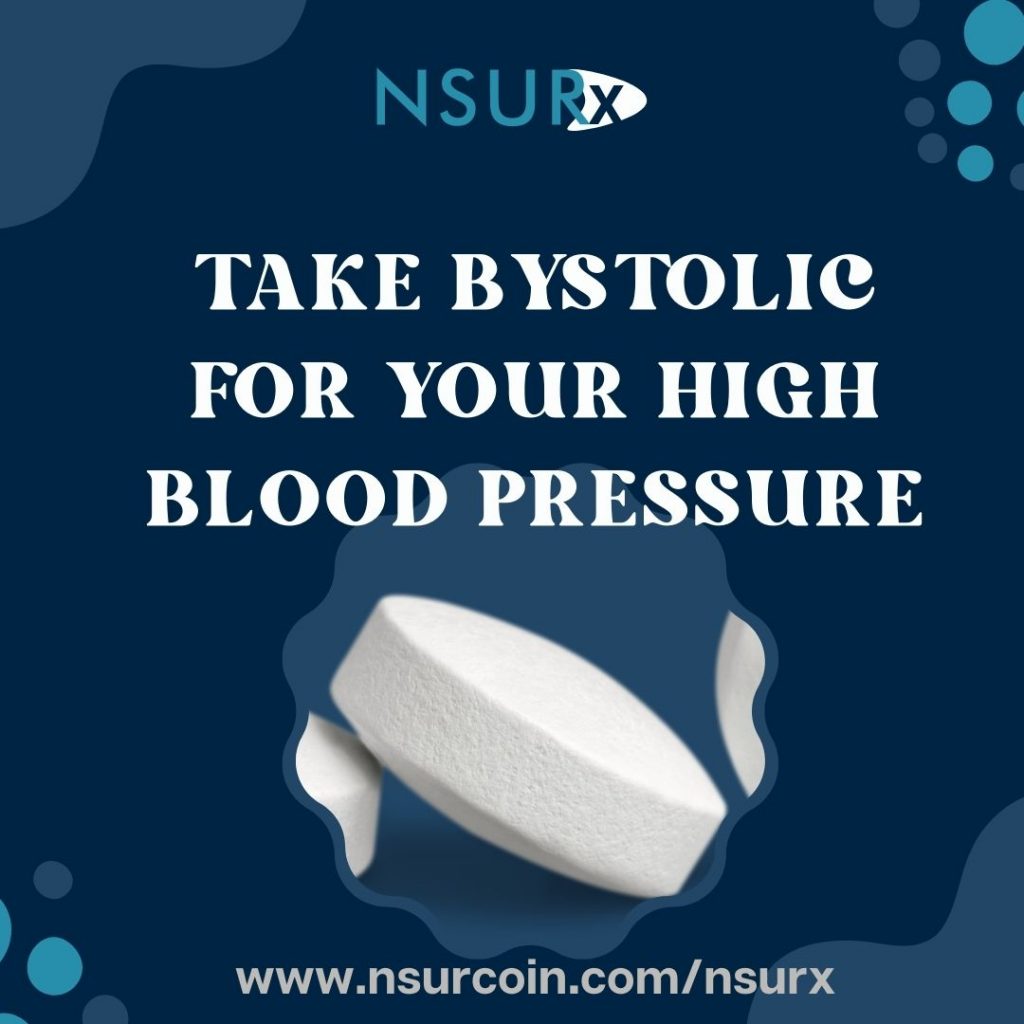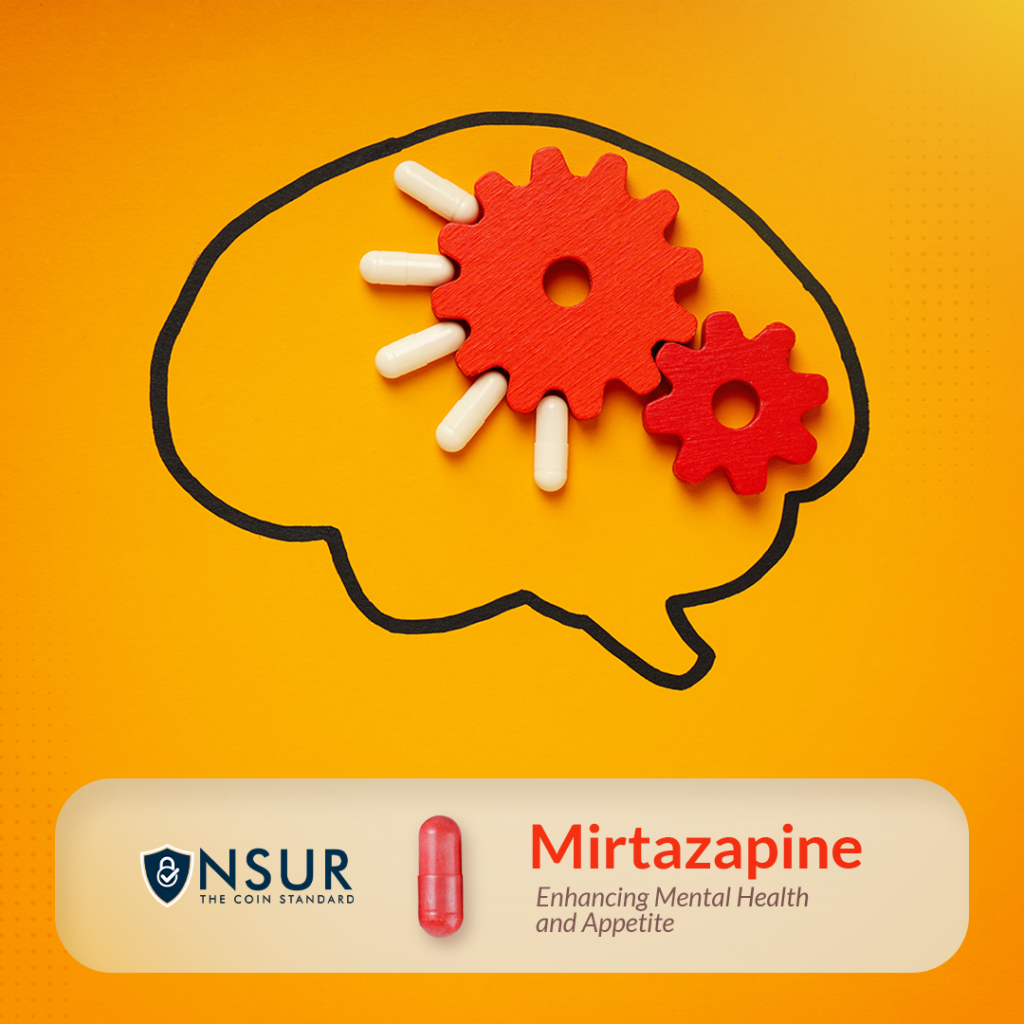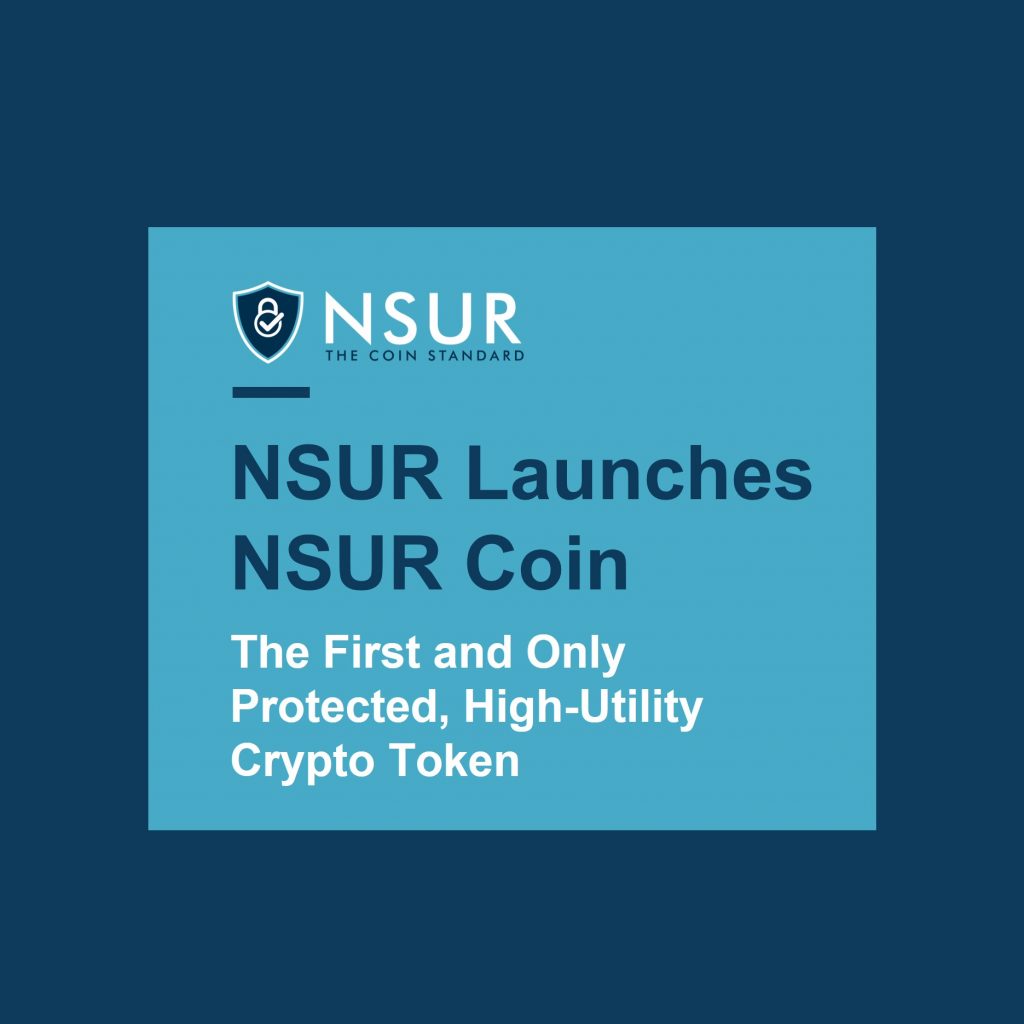
Even though Blockchain technology has only been around for just a decade, it is already having a great effect on the various sectors of the economy and healthcare industry in countless ways. With the growing amount of digital data in our lives, enhanced data security, privacy, and integrity are becoming increasingly important. It is possible to do all these things and much more with the blockchain, a superior technology.
The time has long gone when doctors needed to sift through piles of paperwork to find the patient’s medical records. Electronic health records, which enable doctors and patients to conveniently access medical records, are used by many healthcare providers today. EHR systems have the potential to improve people’s values, care, and health.
Blockchain technology has the potential to revolutionize the way we store and manage electronic health records (EHRs). In addition to providing an incredible level of security and privacy, blockchain technology can ensure an accurate, safe, and tamper-proof database for EHRs.
What is an electronic health record (EHR)?
In health care, an electronic health record, or EHR, is a digital record of a patient’s medical history. The purpose of this record is to provide authorized users with secure, real-time access to information about the patient. Implementing EHRs can improve patient care, save lives, and reduce healthcare costs.
In this article you will learn what are the advantages of integrating a blockchain application with an electronic health record system (EHR) system.
Data is decentralized
There are now several centralized organizations that maintain our health information, including hospitals, insurance providers, and government agencies. This increases the possibility of data theft, and access to data is more difficult. It is possible to solve these issues with blockchain technology which offers a decentralized framework for handling and storing health data.
The capability to create a decentralized database makes adopting blockchain for EHRs one of its key benefits. Data is distributed among several devices and locations in a decentralized database, making it considerably more difficult for hackers to access or change the data. This is because compromising the database would need sequential access to multiple spots and systems, which is much more challenging than compromising a centralized database.
With Estonia’s e-heath foundation, Guardtime created a secure, decentralized platform for storing all medical records. It is now possible for doctors to access patient records from anywhere and at any time.
In recent months, India’s most prestigious public health institute, All India Institute of Medical Sciences (AIIMS), Delhi, has been afflicted by heavy cyber-attacks, which have crippled routine health services for thousands of individuals. It appears to be a warning to the healthcare industry about the need of protecting patient data.
Data is safe and secure
Blockchain technology is inherently secure and tamper-proof. Each record on a blockchain is cryptographically sealed and verified by multiple parties, making it almost impossible for anyone to alter or delete data without being detected. This provides a much higher level of security for EHRs, as it ensures that patient data cannot be tampered with or accessed without proper authorization. Patients may access their medical records whenever they want, and blockchain technology ensures that only authorized people can see them. Many blockchain-based healthcare start-up companies are already developing electronic health record systems for their organizations.
For example, Patientory, an Atlanta-based start-up, is developing a blockchain-based electronic health record system to give people power over their medical outcomes.
Financial Incentives
Electronic health records are advantageous because they enhance patient care in all areas, including safety, efficacy, patient-centeredness, communication, education, timeliness, affordability, and equity. It is necessary for healthcare institutions to implement an EHR that is certified to create electronic patient records. The healthcare provider needs to demonstrate meaningful use in order to qualify for Medicare’s financial incentives. Governments encourage the adoption and use of EHRs in order to improve efficiency.
Complete ownership
Another key benefit of using blockchain for EHRs is that it allows for greater privacy and control over personal health information. With traditional EHR systems, patient data is often stored in a centralized database that is controlled by a single entity, such as a hospital or healthcare provider. This means that patients have little control over who has access to their data, and their privacy is at the mercy of the entity that controls the database.
With the blockchain, however, patients can have their own individual EHRs that store their own health records. This allows them to have full control over who can access their data, and they can grant or revoke access as they see fit. This not only provides patients with greater control over their own health data, but also ensures that their privacy is protected.
Conclusion
In conclusion, blockchain technology has the potential to greatly improve the security and privacy of electronic health records. By using a decentralized, secure, and tamper-proof database, blockchain technology can provide patients with greater control over their own health data and ensure that their privacy is protected. In the future, more and more healthcare organizations will adopt blockchain technology to enhance their security, authority, interoperability, transparency, and privacy.
The infrastructure for exchanging medical data is lacking in many aspects. The blockchain, in turn, offers novel methods for data storage that are applied in numerous digital healthcare systems. Blockchain technology has made it possible to segment, transfer, and secure information in a brand-new way.
